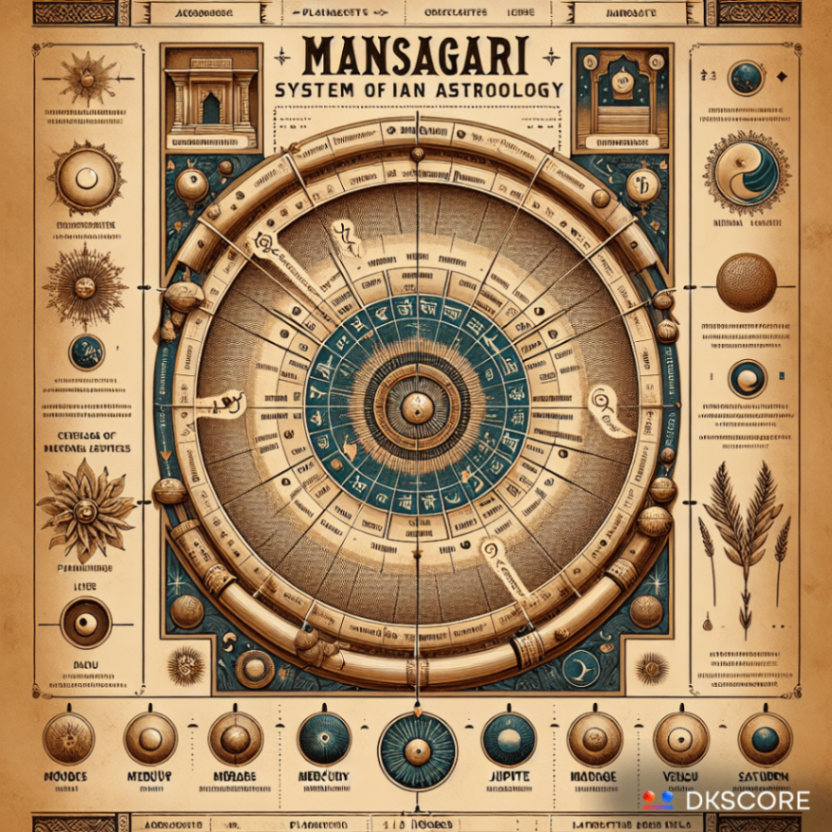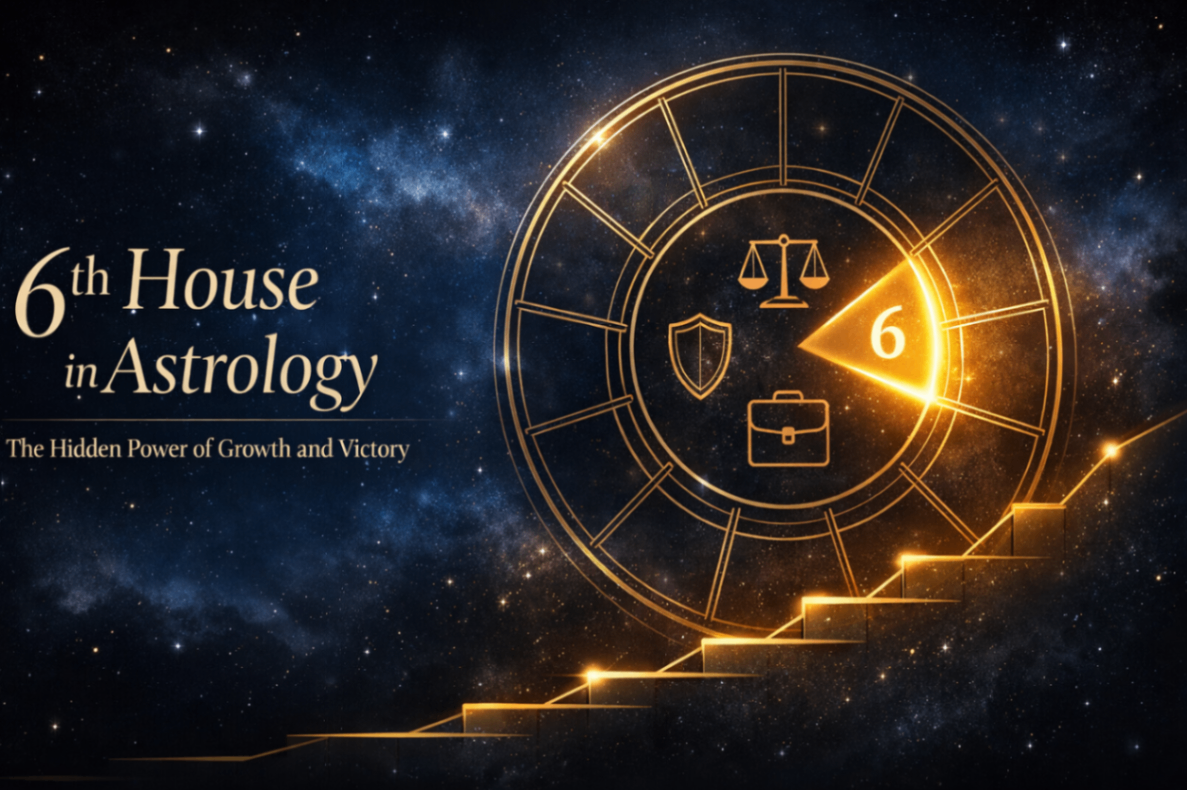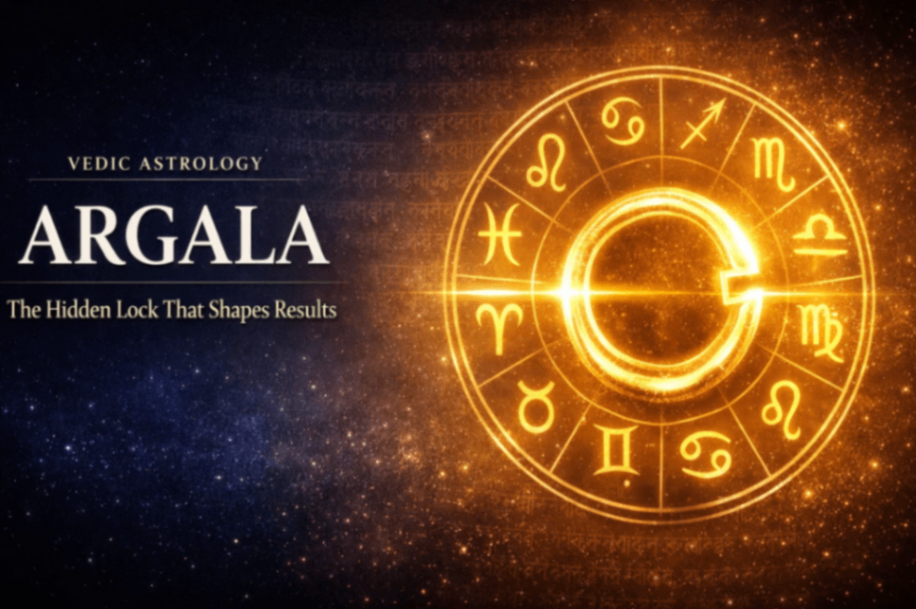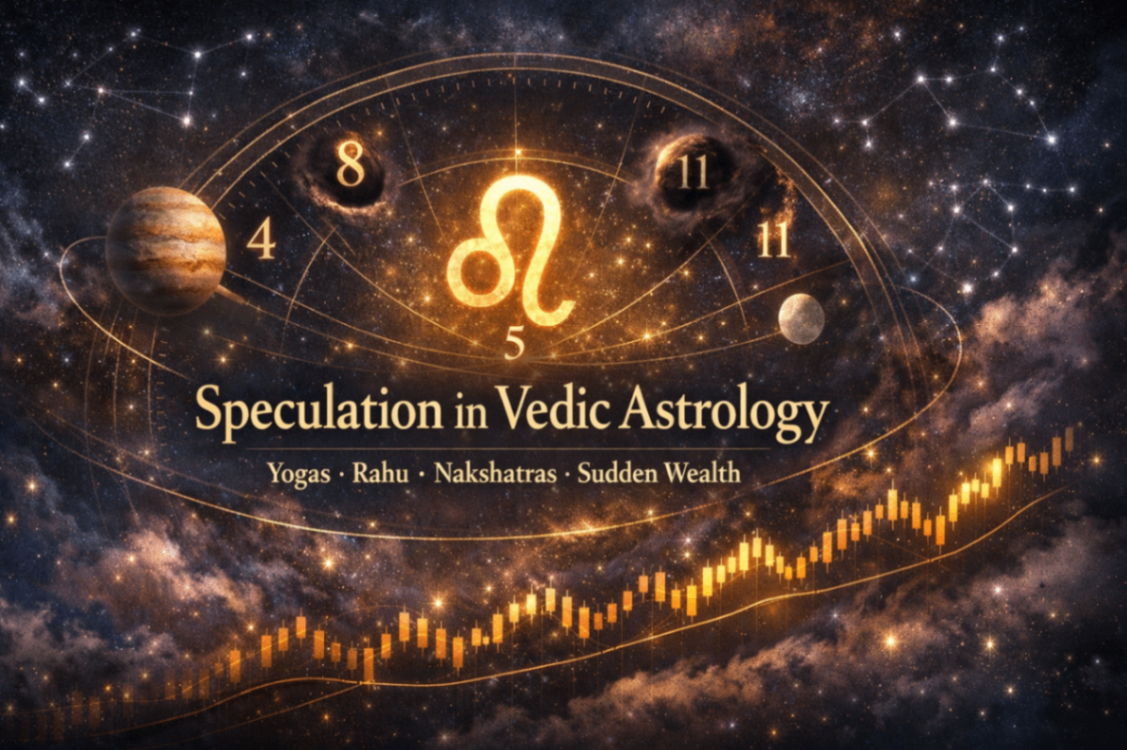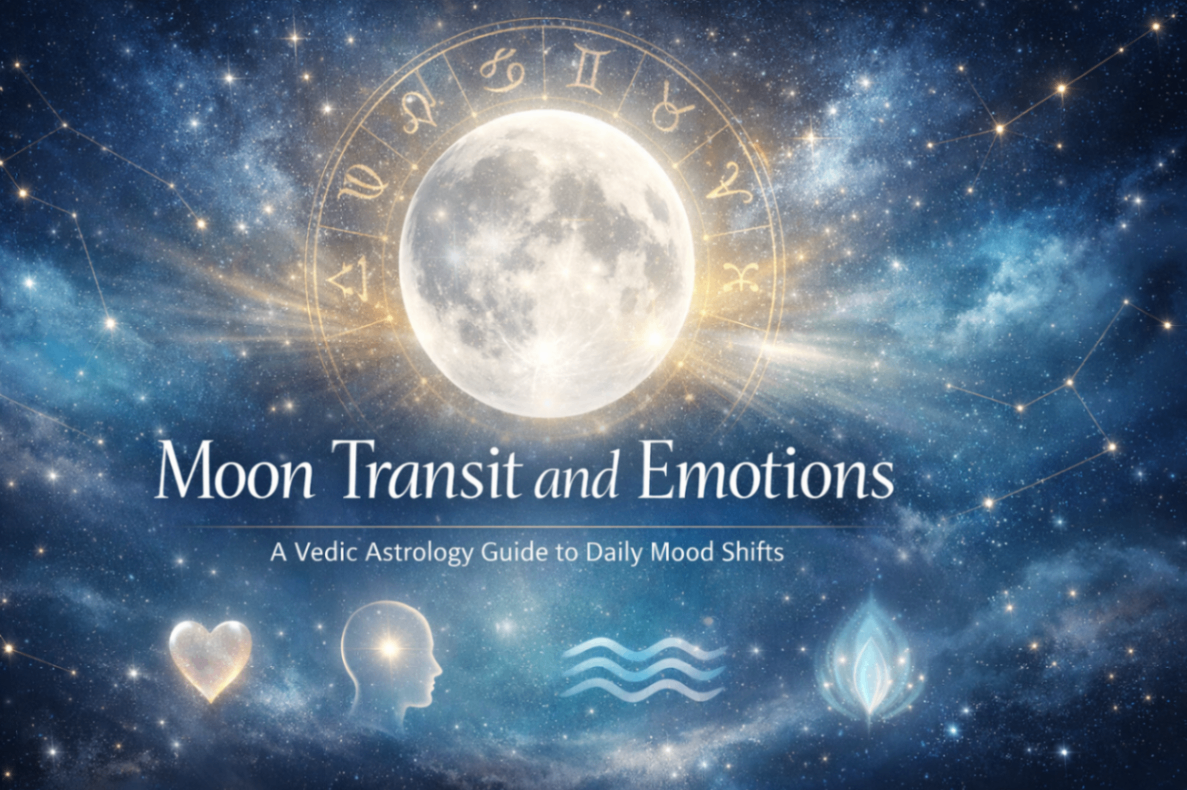Understanding Moksha in Vedic Astrology
Moksha, a profound concept in Vedic philosophy, signifies ultimate liberation from the cycle of birth and death. Often translated as liberation or freedom, Moksha is the final goal in the cycle of life. In Vedic Astrology, this spiritual journey is deeply intertwined with specific houses and planetary positions in an individuals chart. Understanding these elements can guide one towards achieving Moksha.
The Meaning of Moksha
The meaning of Moksha extends beyond mere liberation. It encompasses the complete release from worldly attachments, desires, and the materialistic cycle of life and death. It represents the souls journey towards eternal peace, uniting with the divine. Mukti or liberation is another term often used synonymously with Moksha.
The Astrological Houses and Moksha
In Vedic Astrology, the 4th, 8th, and 12th houses are critical in understanding an individuals path towards Moksha:
The Fourth House: Moksha of the Mind
The 4th house is associated with mental peace, emotional stability, and inner happiness. It represents the Moksha of the mind, where one attains mental liberation. Planets like Jupiter and Venus in this house can enhance mental tranquility, whereas malefic planets like Saturn can challenge the minds peace.
The Eighth House: Moksha of the Body
The 8th house governs transformation, death, and rebirth. It signifies the liberation of the physical self, involving the overcoming of bodily attachments and desires. A strong 8th house can indicate the potential for deep personal transformation and detachment, crucial steps towards physical Moksha.
The Twelfth House: Moksha of the Soul
The 12th house is often called the house of liberation, directly linked to spiritual freedom. It represents the final stage of the souls journey, where one attains Moksha, breaking free from the cycle of birth and death. Benefic planets in this house can lead to spiritual enlightenment, while malefic planets can present obstacles on the path.
The Role of Ketu in Attaining Moksha
Ketu, the South Node of the Moon, plays a pivotal role in the journey towards Moksha. In Vedic Astrology, Ketu symbolizes detachment, spirituality, and the dissolution of ego. It is considered the planet of liberation, especially when placed in the 12th house, where it can indicate a soul nearing the end of its karmic journey, poised for Moksha.
When Ketu resides in the 4th, 8th, or 12th houses, it enhances the qualities needed for Moksha—detachment, transformation, and spiritual liberation. However, Ketus influence is dual-edged; while it can help in overcoming material desires, it can also create challenges that one must overcome to attain liberation.
Classical Texts on Moksha
Classical Vedic texts offer profound insights into the concept of Moksha and how it is reflected in an astrological chart. Brihat Parashara Hora Shastra, a key text in Vedic astrology, discusses the significance of the 4th, 8th, and 12th houses in relation to Moksha. The text emphasizes that a strong connection between these houses, especially with Ketu, is a significant indicator of a soul ready to attain liberation.
Moreover, Jaimini Sutras highlights the importance of the Atmakaraka (soul planet) in guiding the soul towards Moksha. The placement of the Atmakaraka in these houses or its association with Ketu can signify the souls journey towards ultimate freedom.
Insightful Perspective: Connecting the Houses to the Kal Purush
In Vedic Astrology, the Kal Purush (Cosmic Man) connects the astrological houses to the human body, offering deeper insights into the journey of Moksha:
The 4th house corresponds to the heart and chest, emphasizing emotional stability in achieving mental liberation.
The 8th house is linked to the reproductive organs, underscoring the importance of physical transformation and detachment.
The 12th house connects to the feet, symbolizing the final journey of the soul towards spiritual freedom.
Conclusion
Moksha, the ultimate goal of spiritual liberation, is deeply embedded in the 4th, 8th, and 12th houses in Vedic Astrology. Each house represents different aspects of this liberation—of the mind, body, and soul. The role of Ketu is central to this journey, as it guides the soul towards detachment and spiritual enlightenment. By understanding these astrological influences, one can gain profound insights into their path towards achieving Moksha.
```




